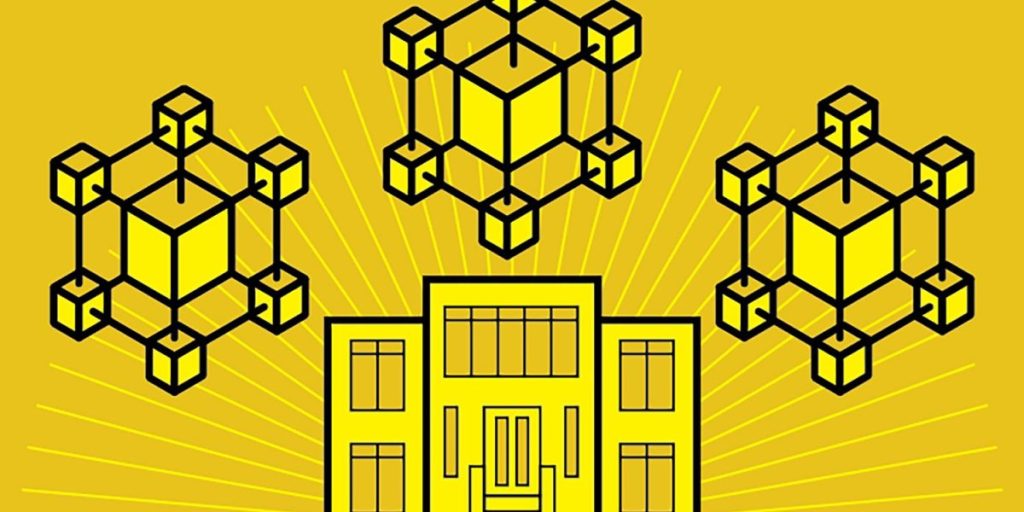The marriage of Artificial Intelligence and blockchain heralds a transformative era in privacy protection, addressing growing concerns over the misuse of personal data.
AI is gobbling our personal data—but new advances in blockchain can stop that
Estimated reading time: 6 minutes
Main Points:
- AI systems extensively harvest personal data, often leaving users exposed.
- Blockchain’s decentralized models can mitigate privacy risks and ensure accountability.
- Decentralized identity solutions empower individuals to control their own data.
- Combining AI with blockchain-driven tools like smart contracts enhances both innovation and security.
Subtitle: Why Blockchain Could Be the Cure for AI’s Data Appetite
Artificial Intelligence (AI) has become pervasive, revolutionizing industries with automation and efficiency. Yet, the flip side of this technological growth is its insatiable appetite for personal data. From browsing habits to facial recognition metrics, AI systems gather massive amounts of information to refine their performance, often leaving consumers vulnerable to breaches and misuse.
Blockchain technology represents a beacon of hope in this privacy conundrum, as its decentralized and cryptographically protected systems can secure data while allowing individuals to retain control. Unlike centralized repositories that are prone to hacking, blockchain’s network of nodes safeguards data transactions. Each interaction is transparent and traceable, offering accountability that centralized systems often lack.
The Revolution—Decentralized Identity (DID) Systems
The paradigm shift brought by blockchain-powered decentralized identity systems promises transformative changes. These solutions enable users to selectively share personal data without giving up ownership, flipping traditional models of how data is accessed and utilized. Prominent platforms including Ethereum and Polkadot have integrated DID frameworks to bolster privacy-centric mechanisms that mitigate exploitation risks.
Quote: “Control of personal data must always remain with its rightful owner—the individual. Blockchain decentralization is the stepping stone to redefining privacy in an AI-driven age.”
A New Era of Transparency and Trust
Blockchain’s immutable ledger offers unparalleled traceability. This functionality ensures users can audit the ways their data interacts within systems, bridging the gap between ethical concerns and technological progress. Coupled with AI, this transparency extends to innovative fields like smart contracts, where predefined terms ensure automated operations without compromising user trust.
In the face of AI’s rapid evolution, proactive measures such as blockchain implementation signal a future where both innovation and integrity coexist. Tech initiatives like OpenAI’s collaboration with decentralized platforms demonstrate that industry leaders increasingly prioritize privacy-centric designs—marrying progress with responsibility.
Final Notes: A Harmonized Approach for the Road Ahead
The future must balance AI’s transformative power with blockchain’s ethical principles. By combining these technologies, industries can pivot toward privacy-first models that protect consumer trust and autonomy. As legislation often lags behind technological advancement, the integration of decentralized solutions offers a proactive alternative to safeguard personal data.
Bold Move: Blockchain is more than just data security—it’s a pathway to reclaiming personal autonomy in a world becoming increasingly dominated by AI innovations. Together, these technologies redefine privacy as a cornerstone of the digital age.


